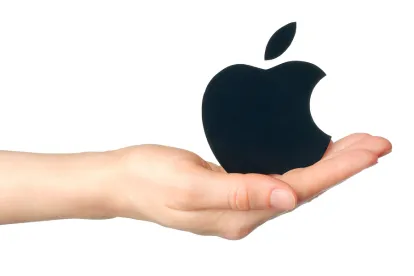In Omni MedSci, Inc., v. Apple Inc., Nos. 2020-1715, -1716 (Fed. Cir. Aug. 2, 2021), a divided Federal Circuit panel affirmed the district court’s denial of Apple’s motion to dismiss.
While Dr. Islam was an employee at the University of Michigan, he acquired several patents and subsequently assigned the patent rights to Omni. Omni later sued Apple for infringement, and Apple filed a motion to dismiss for lack of standing. Apple argued that the university-owned the asserted patents according to the university bylaws, which stated that patents acquired by university staff and supported by university funds “shall be” the property of the University. The district court denied Apple’s motion, finding that the university bylaws were at most a statement of future intention to assign, and not a present automatic assignment of title.
On appeal, the Federal Circuit agreed. The Court found that several aspects of the bylaws indicated that they did not effectuate a present automatic assignment, including (1) the use of the phrase “shall be the property,” which reflects a promise of potential future assignment, and (2) the university’s requirement that a separate form be executed, which does not contain language of confirmation, but rather contains distinct and unambiguous language of present assignment.
Judge Newman dissented because, in her view, the university’s employment agreement included an unambiguous statement of intended and agreed ownership of inventions made with university support.





 />i
/>i
